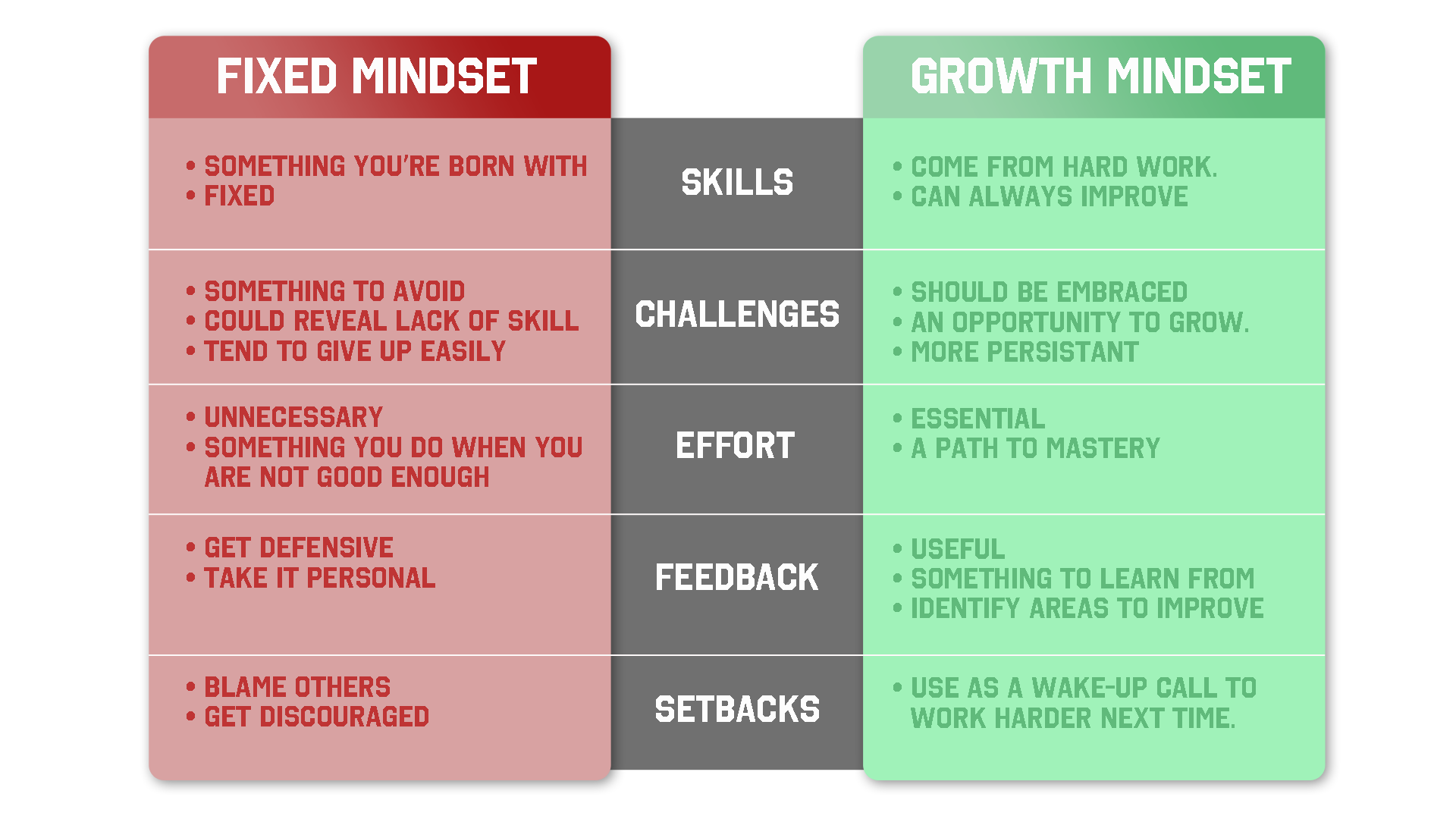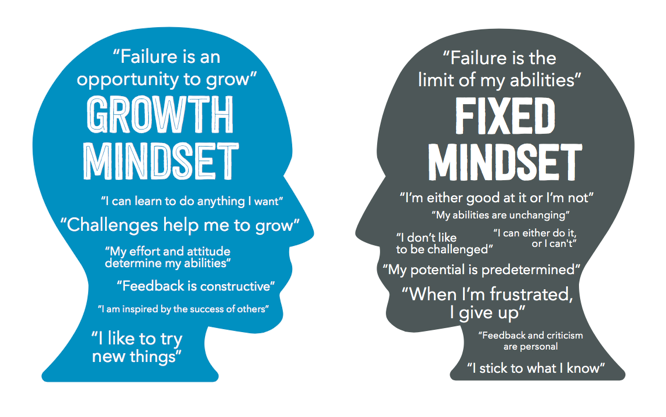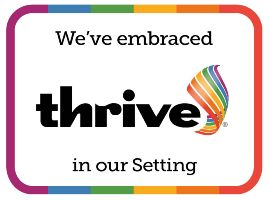Positive Mindset: The research behind it
Inside the cortex of the brain are billions of tiny nerve cells, called neutrons. The nerve cells have branches connecting them to other cells in a complicated network. Communication between these brain cells is what allows us to think and solve problems. When you learn new things, these tiny connections in the brain actually multiply and get stronger. The more that you challenge your mind to learn, the more your brain cells grow. Then, things that you once found very hard or even impossible to do - like speaking a foreign language or doing algebra - seem to become easy. The result is a stronger, smarter brainBy Carol Dweck (2011)
 We now know that the brain can be developed like a muscle, changing and growing stronger the more it is used. The brain grows new cells when we are learning new information and skills.
We now know that the brain can be developed like a muscle, changing and growing stronger the more it is used. The brain grows new cells when we are learning new information and skills.
More about mindsets
Our mindset is the view we have of our qualities and characteristics – where they come from and whether they can change. Dweck has discovered that our mindset can have a significant impact on our lives and in particular, the way we learn. In one of Dweck’s studies, she found that characteristics of either growth (positive) or fixed mindsets can be seen in people as young as 4 years old. Just by learning about mindsets and how our brains work, children can change from a fixed mindset to a growth (positive)mindset.
What is a fixed mindset?
People with a fixed mindset believe that their qualities are set in stone. We are born the way we are born and it cannot be changed. Intelligence, personality and creativity are fixed traits, rather than something that can be developed.
What is a growth (positive) mindset?
People with a growth (positive) mindset believe that intelligence is not fixed and that you can 'grow' your intelligence and understanding, through purposeful practice, effort and experience.

The importance of words
Using the right words with children when they tell us they are struggling or unsure of how to complete something is very important. Here at Glebe and at home with you we need to create a culture where mistakes and lack of understanding are treated as learning opportunities. Here are examples of both fixed and growth (positive) mindset phrases to be aware of.

For further information and background reading
- Mindset: How You Can Fulfil Your Potential by Dr. Carol S. Dweck
- Mindset: The New Psychology of Success by Dr. Carol S. Dweck
- Growth Mindset Pocketbook by Barry Hymer and Mike Gershon
- Mindsets In The Classroom by Mary Kay Ricci
- Bounce by Matthew Syed
- Black Box Thinking by Mathew Syed
- Peak: Secrets From The New Science of Expertise by Anders Ericsson
- Grit: The Power of Passion and Perseverance’ by Angela Duckworth



